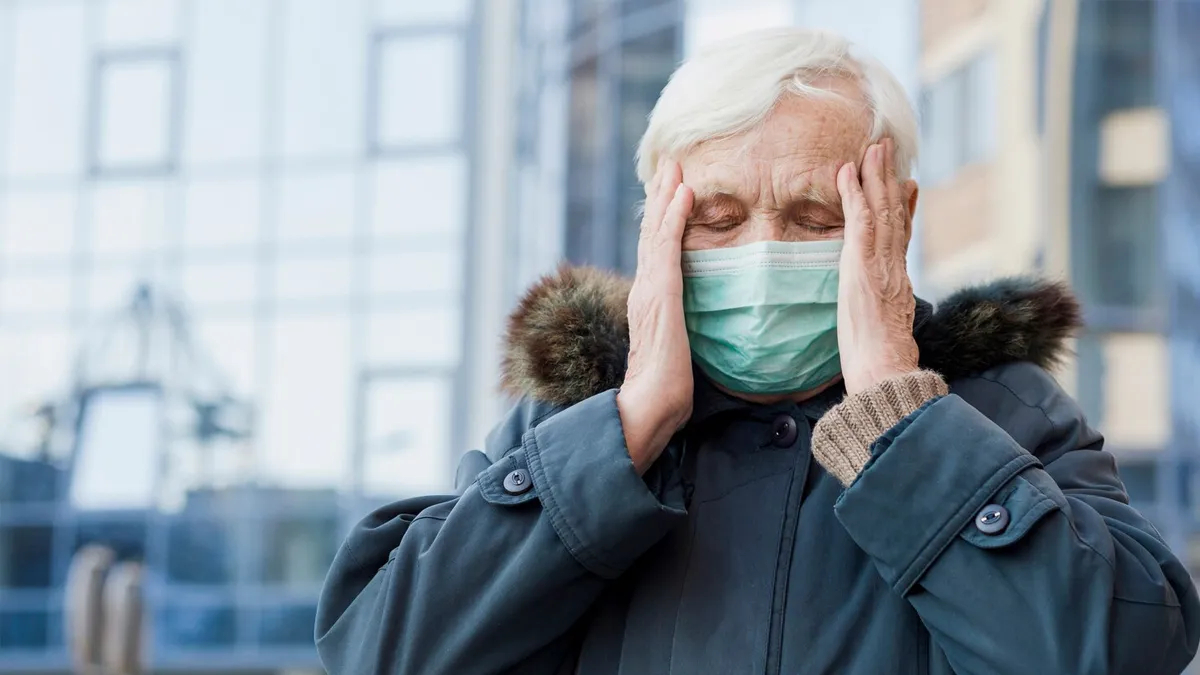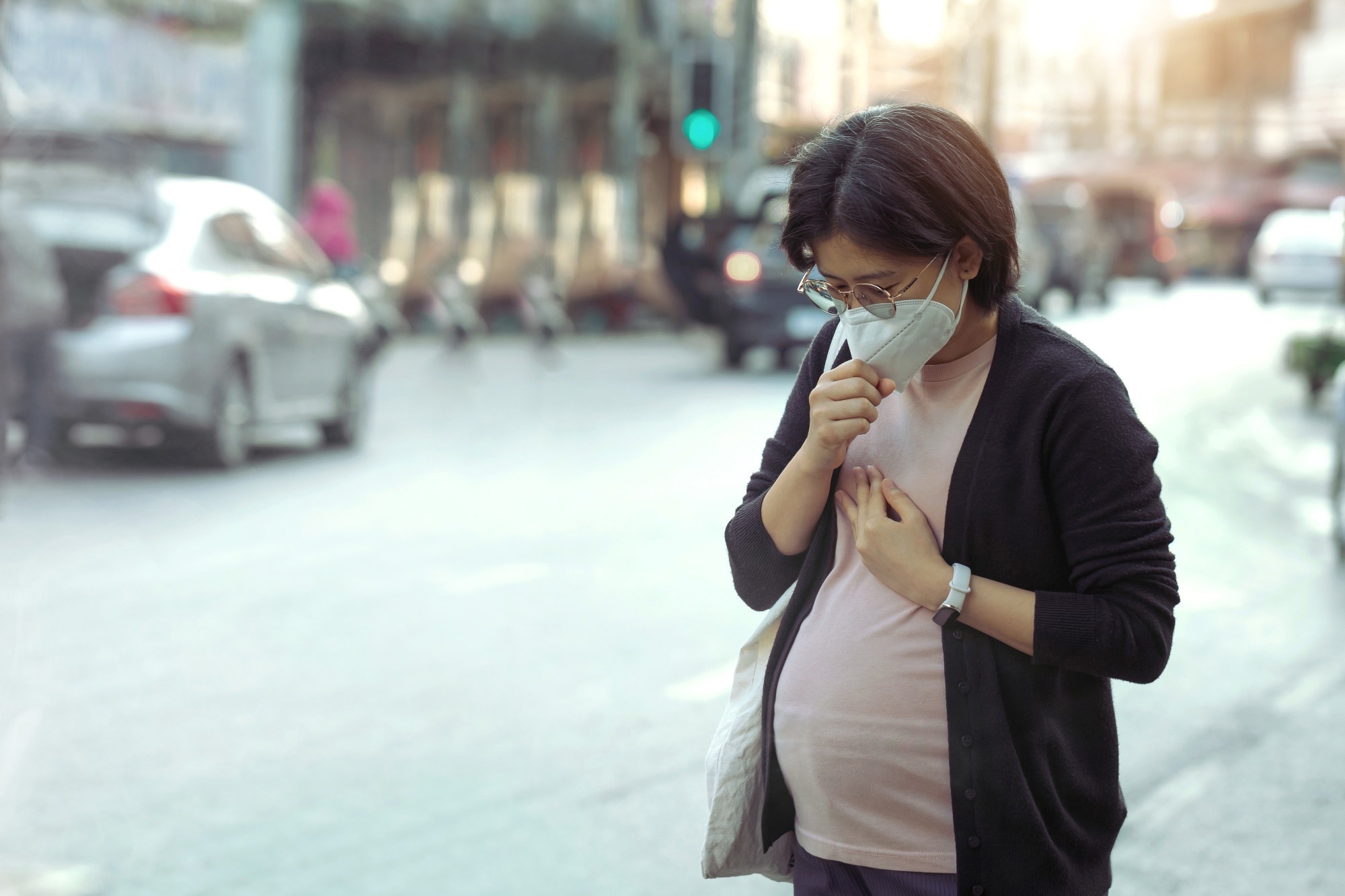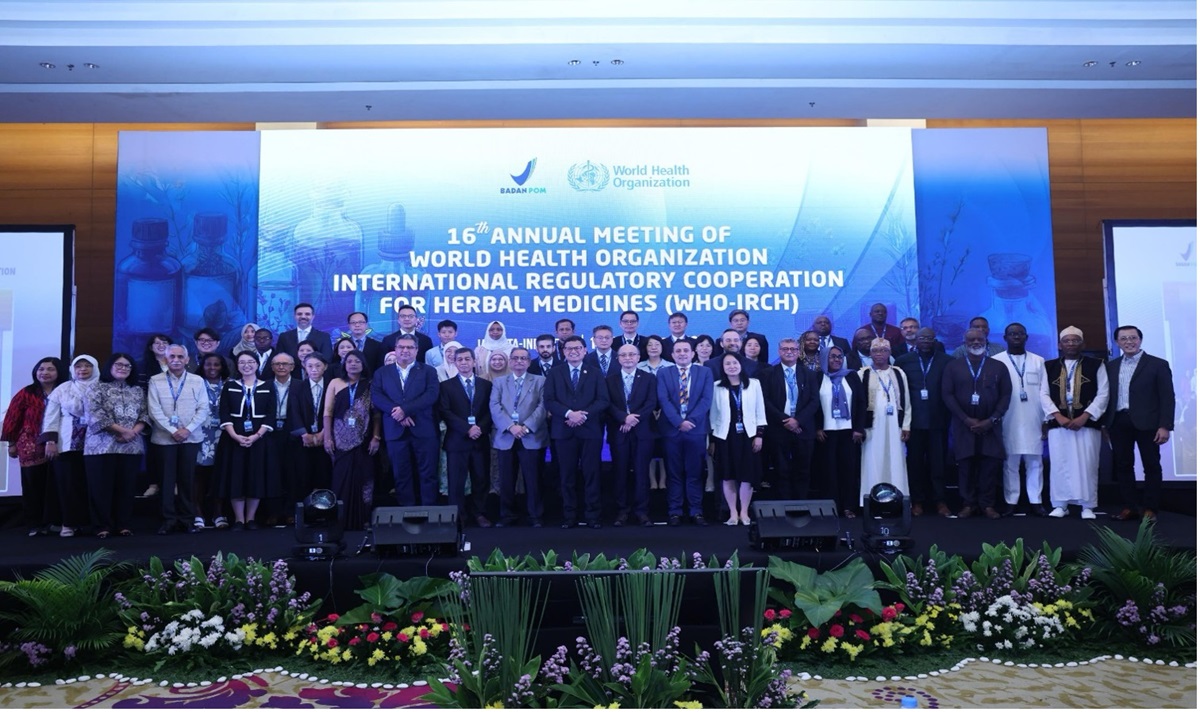Delhi’s air quality dips ahead of Diwali; experts warn of worsening pollution, health risks to children and elderly

Ahead of Diwali, Delhi’s air quality has already begun to decline. The city yesterday recorded “poor” air for six consecutive days, and experts warn that pollution levels could worsen further due to firecracker use during the festival. Forecasts from the Air Quality Early Warning System suggest the AQI may reach the “severe” category by Tuesday.
According to the Central Pollution Control Board (CPCB), Delhi’s 24-hour average Air Quality Index (AQI) on Saturday was 268, up from 254 on Friday and 245 on Thursday.
Advertisement
Rising concern over the health impact of pollution has prompted the Supreme Court to make way for only green firecrackers this Diwali, which are said to be less harmful than the conventional ones. The court’s order permits their sale and use in Delhi-NCR on a trial basis under strict monitoring.
These National Environmental Engineering Research Institute (NEERI)-approved firecrackers are designed to release fewer pollutants, but experts caution they are “not entirely harmless.” Only firecrackers with QR codes are allowed, and their use will be restricted to specific hours, from 6 am to 7 am and 8 pm to 10 pm on October 19 and 20. The sale of such crackers has been permitted from October 18 to 20.
To ensure compliance, the Delhi Police have issued 168 temporary licences for shops selling NEERI-approved firecrackers. Authorities have warned that shops selling banned crackers will be shut down immediately. Multiple teams from the police and other agencies will patrol residential and market areas to ensure only permitted firecrackers are used within the allowed time slots.
As air quality continues to worsen, doctors have raised concerns about the health impact on residents. Pulmonologist Dr Sharad Joshi from Ghaziabad told a news agency that the rising pollution levels, driven by crop burning, vehicle emissions, and fireworks, are aggravating respiratory illnesses.
“People with asthma, COPD, or a history of tuberculosis may face symptoms like cough, breathlessness, and chest pain. Even healthy people, especially children and the elderly, are at risk,” Dr Joshi said.
He advised citizens to reduce vehicle use, carpool whenever possible, use air purifiers indoors, and avoid incense or candles that add to indoor pollution. “Keep homes well-ventilated and wear N95 or double masks when outdoors,” he said.
Authorities have urged Delhi residents to celebrate responsibly and avoid activities that could push the city’s air quality into the “severe” zone once again.
link







